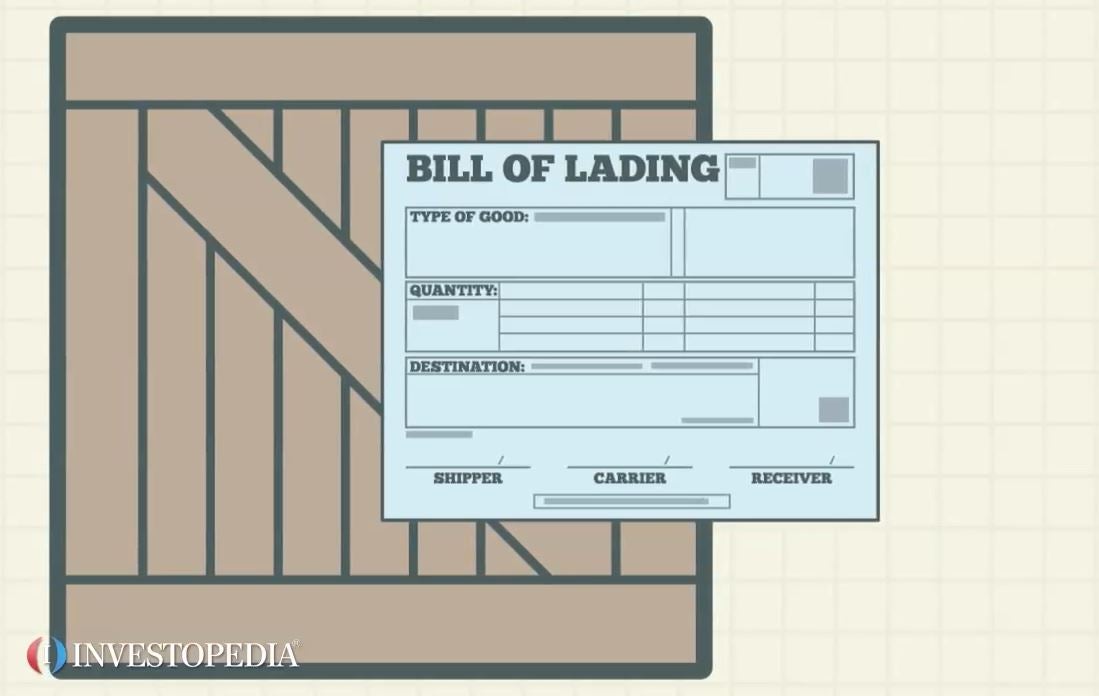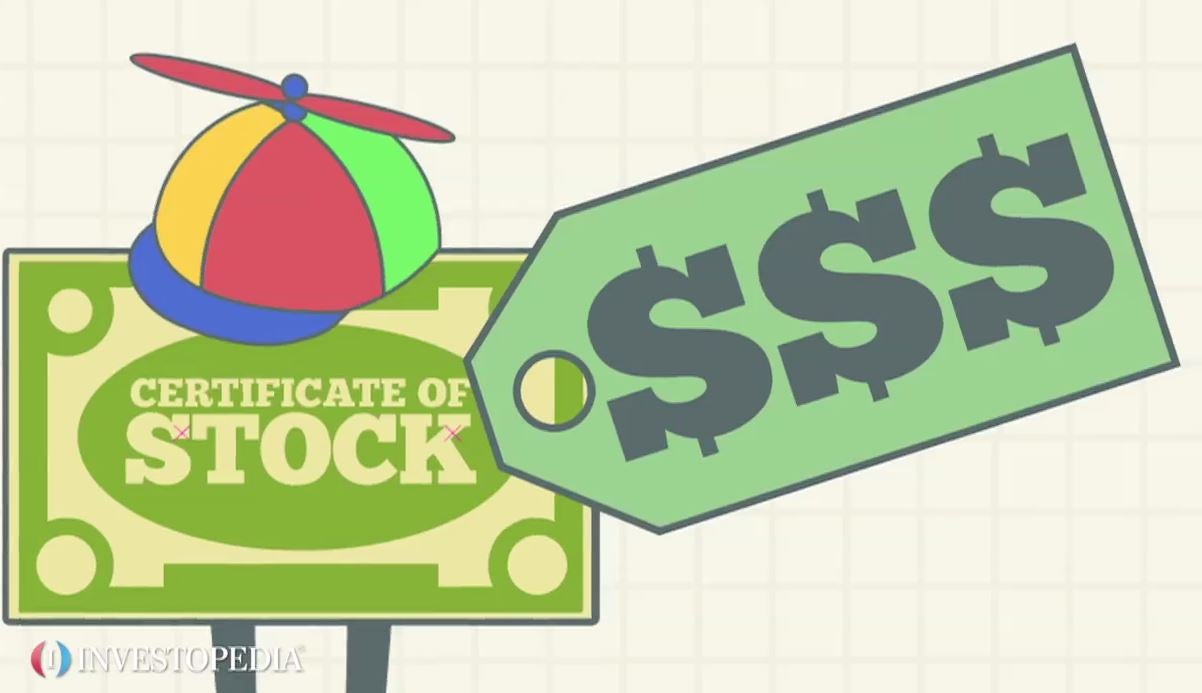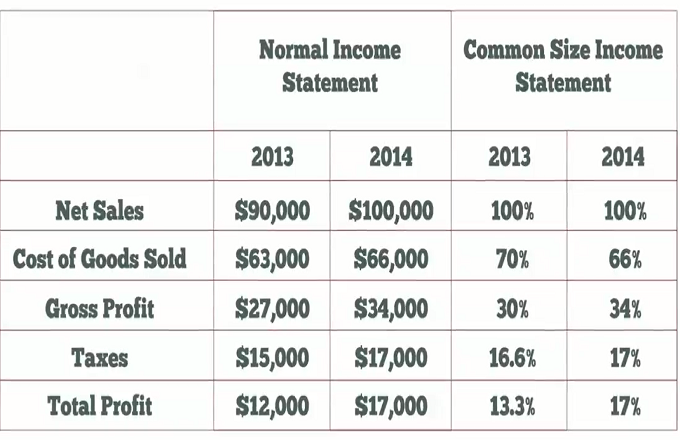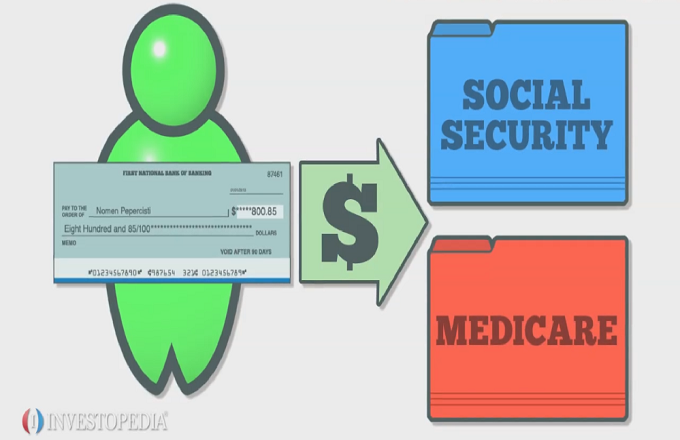A bill of exchange is a document used in international trade to pay for goods or services. It is signed by the person promising to pay, and given to the person entitled to receive the money. The bill may specify that payment is due on demand, or at a specific future date. It is not a contract itself, but is often used to fulfill a contract.Bills of exchange are very similar to checks commonly used by people in daily commerce. Like a check, a bill of exchange usually involves a buyer, a seller, and each person’s bank. For example, if Susan writes Bob a check for payment of a product, Bob presents the check to his bank, and receives cash from the bank. Bob’s bank then gets the money from Susan’s bank. Bills of exchange work the same way. Like checks, bills of exchange are transferable. This means Bob can transfer his right to the money to another person. To do this, Bob first endorses the bill of exchange, then gives it to the person he chooses. Once endorsed, the bill is cashable by any holder. When a bill of exchange is issued by a bank, it is sometimes called a bank draft. Trade draft is another term used for bills of exchange issued by an individual payer.





